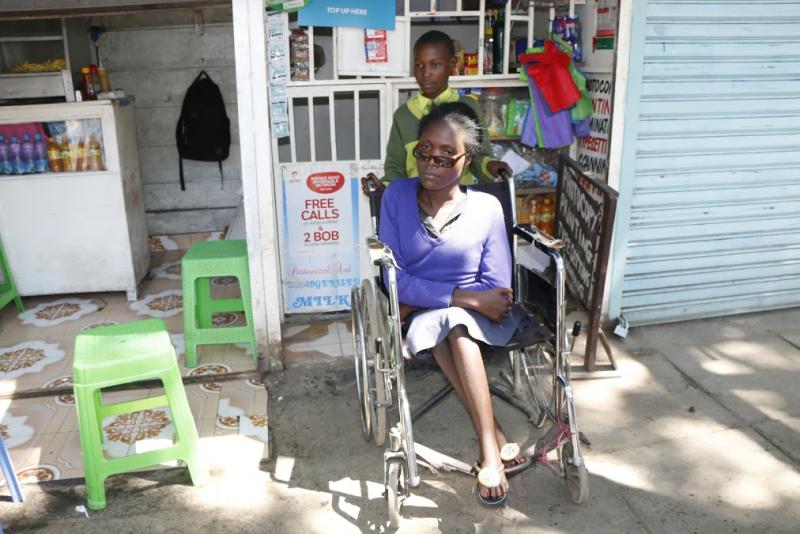×
The Standard e-Paper
Fearless, Trusted News

Irene Kerubo, a diploma holder in computerised secretarial studies, has been looking for a job for the last seven years.
Every time she turns up for job interviews, potential employers take one look at her and politely promise to call her. They never do.